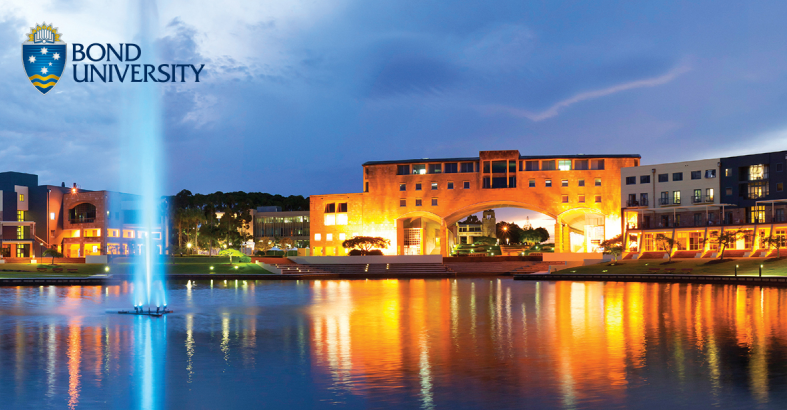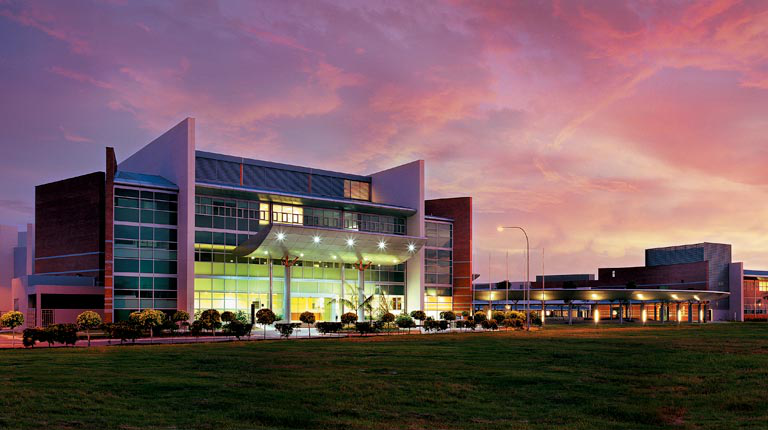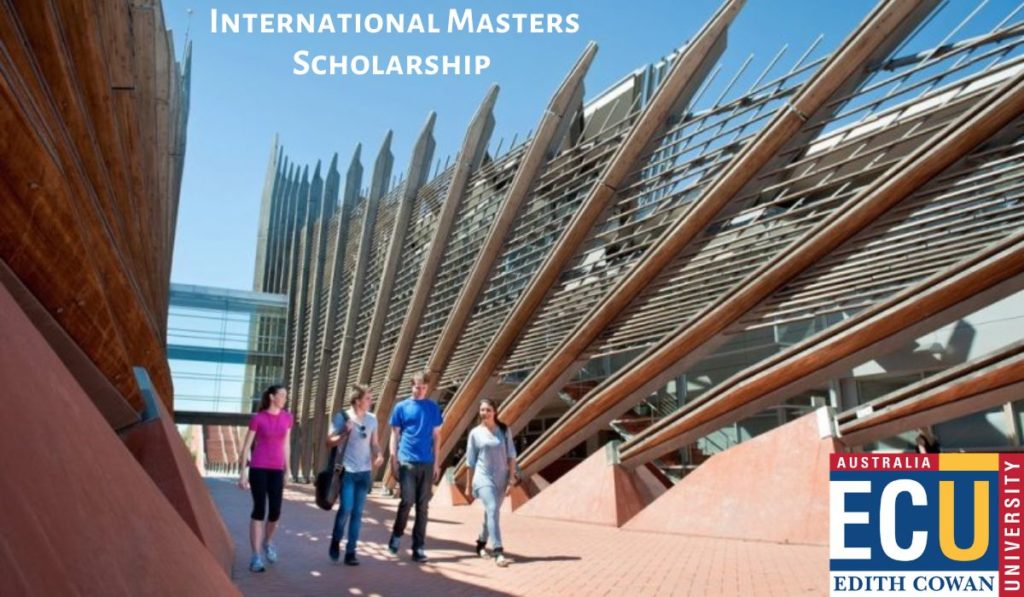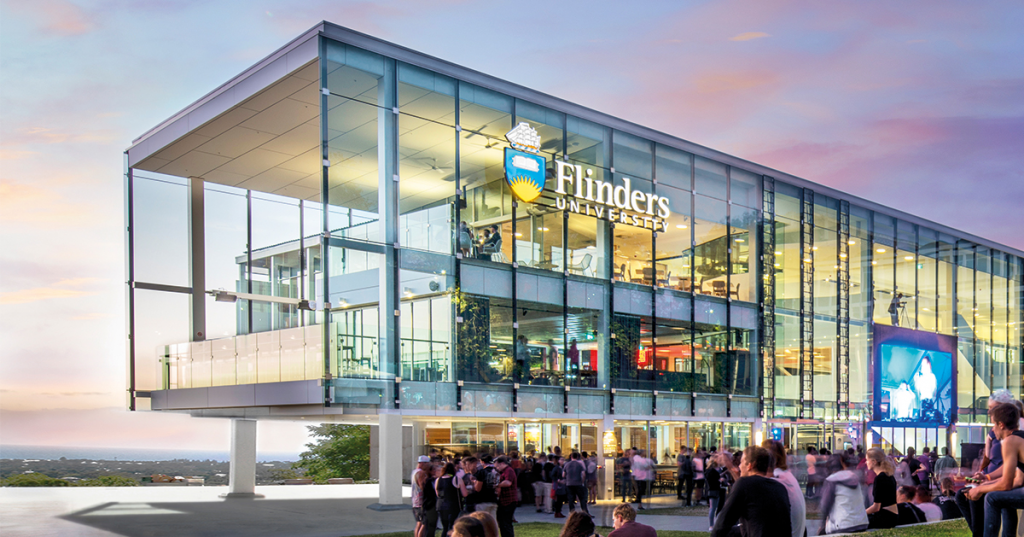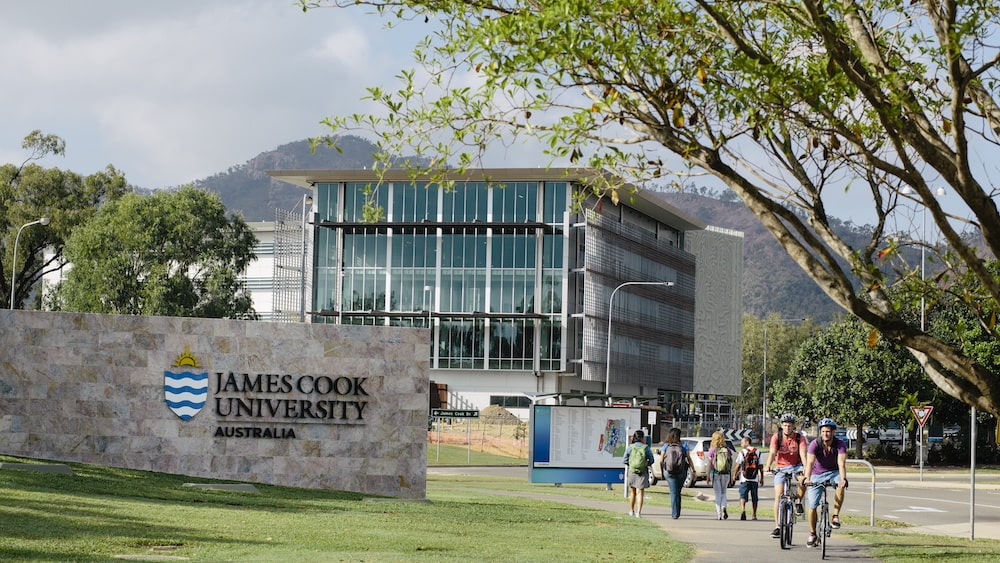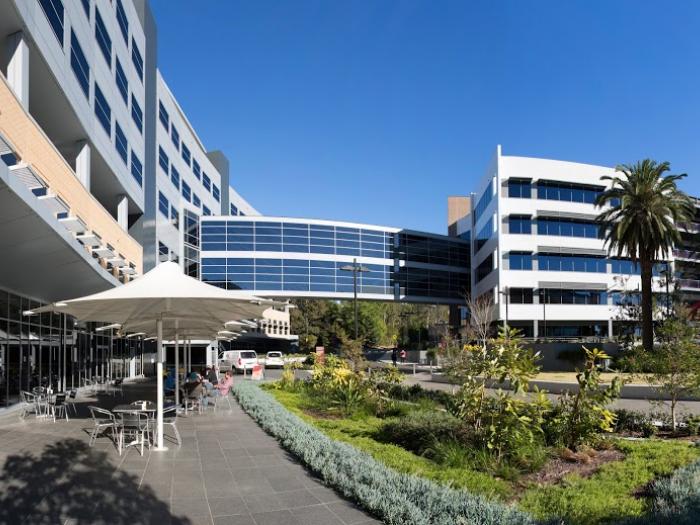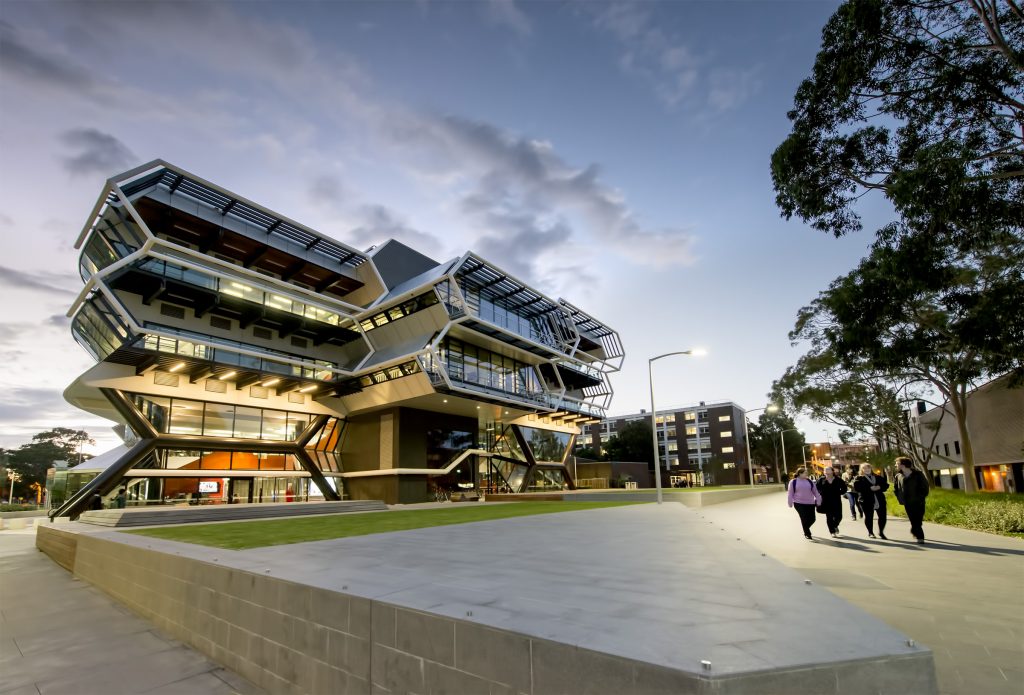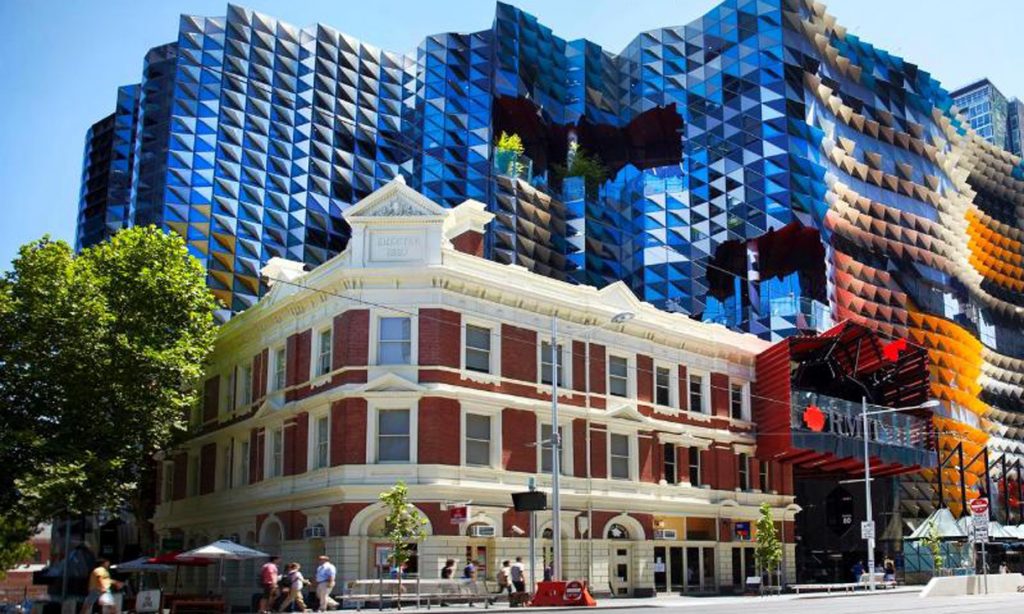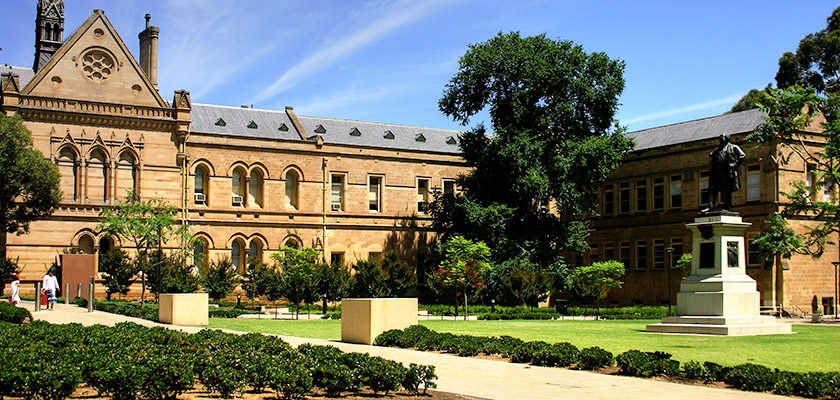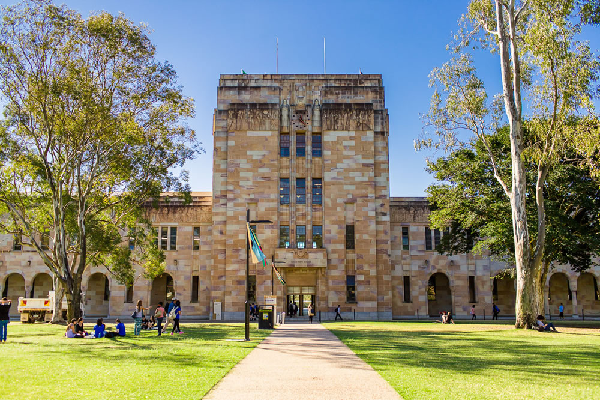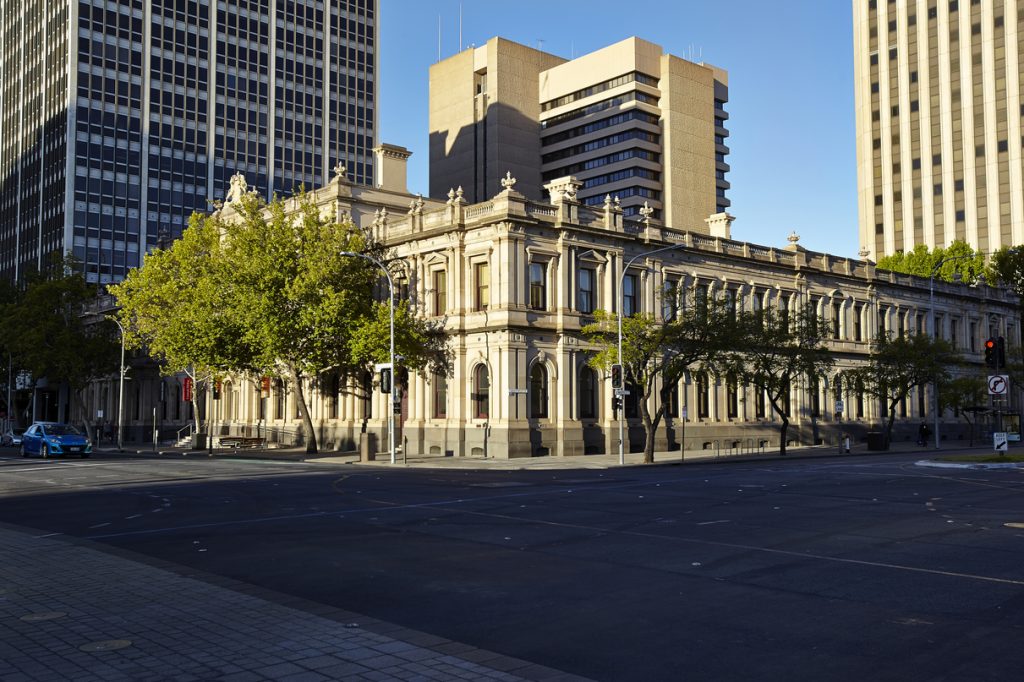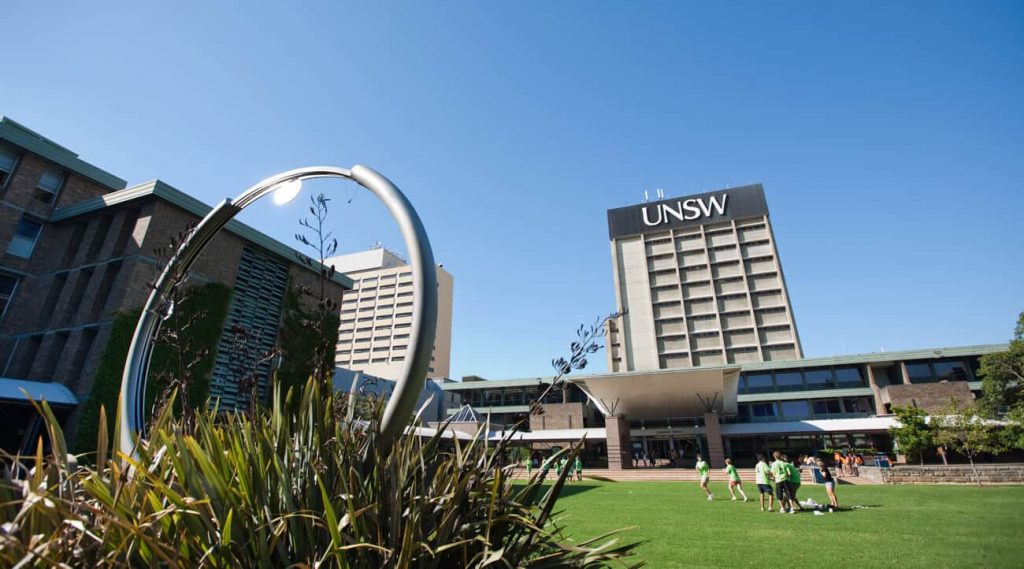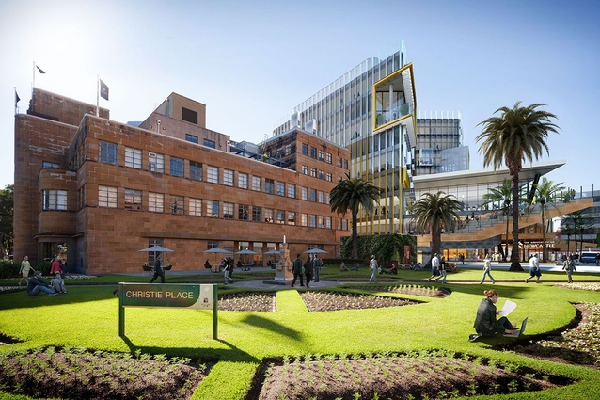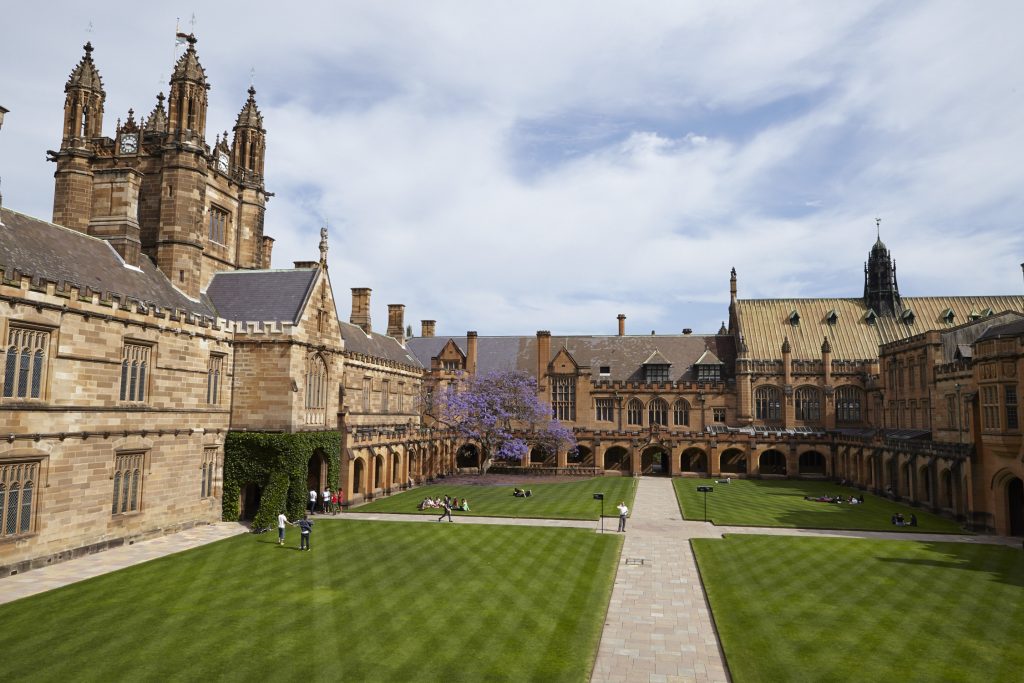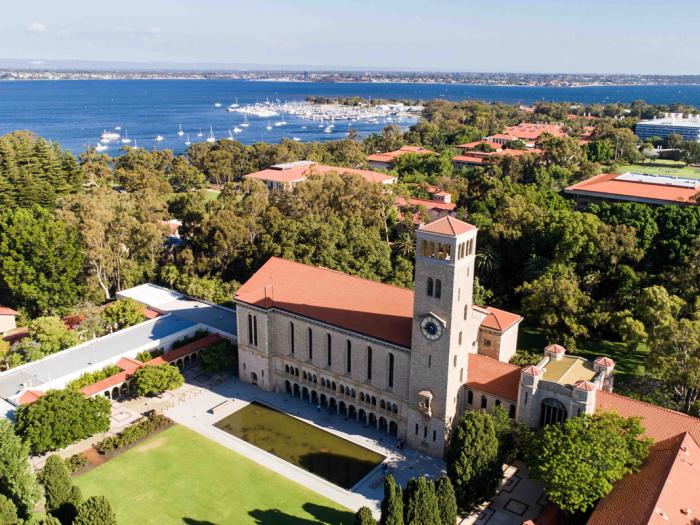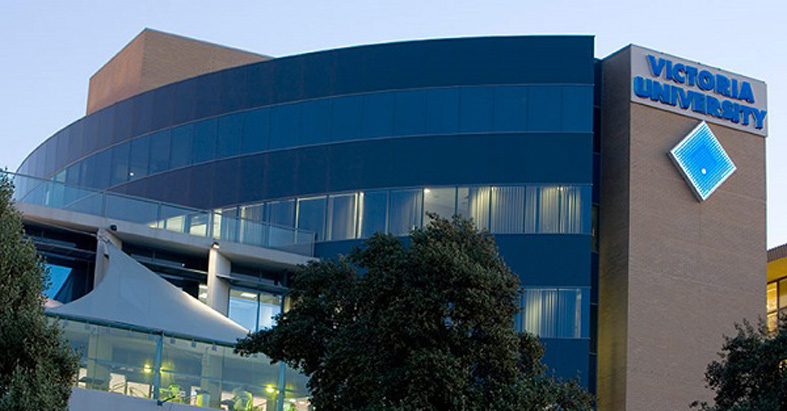UNIVERSITIES
Select from a range of universities
For years, universities have been considered the main societal hub for knowledge, learning and development of skills and creativity.
The basic operational structures of universities have expanded and continued to produce and disseminate knowledge and evaluate students world over.
At Rutega we have linked up with world class universities, to give prospective students a chance to follow their dreams and passion by studying in Universities in Australia in which they will gain skills, knowledge and generally all round qualifications that will not only attract respected employers but also academicians.
- All
- New South Wales (NSW)
- QueensLand (QLD)
- South Australia (SA)
- Victoria (VIC)
- Western Australia (WA)


